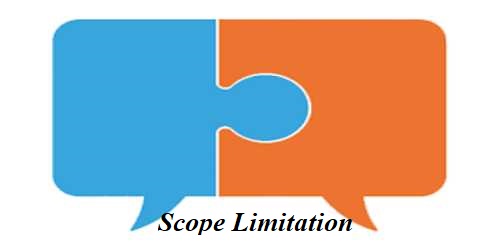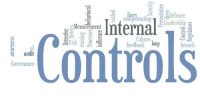Scope Limitation is the fact that the scope of the audit is limited in some way, e.g. owing to restrictions beyond the client’s control. In an audit made in accordance with GAAS, the auditor is able to perform all auditing procedures considered necessary in the circumstances. From these procedures, it is expected that the auditor obtain sufficient competent evidential mattes to have a reasonable basis expressing an opinion on financial statements. Examples of events causing a scope limitation are the disappearance of relevant evidentiary matter and the client’s restriction on contact with customers to confirm the existence of accounts receivable. When the auditor cannot perform the necessary procedures or the procedures do not provide sufficient evidence, the auditor is said to have a scope limitation. Scope limitations affect the ability of an auditor to render a clean opinion on the financial statements of a client.
A scope limitation may be imposed by the client or result from circumstances. Examples of client restrictions are a refusal to –
- Permit confirmation of receivables.
- Sign a client representation letter, or,
- Give the auditor access to the minutes of a board of directors’ meetings.
















